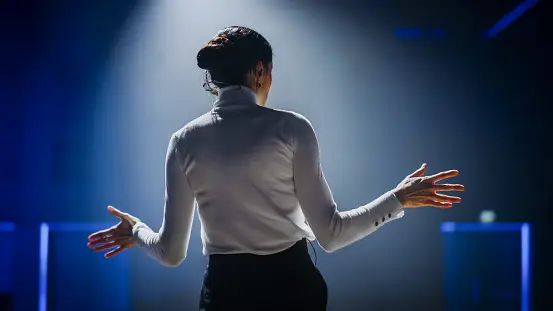In recent years, the advocacy for LGBTQ+ rights has gained significant momentum worldwide. While progress has been made, challenges persist, necessitating strong advocacy from various sectors of society. Women leaders, in particular, have emerged as powerful advocates for LGBTQ+ rights, leveraging their positions of influence to champion equality, acceptance, and social change. This essay explores the multifaceted ways in which women leaders advocate for LGBTQ+ rights, examining their strategies, challenges, and impact.
Understanding the Role of Women Leaders in LGBTQ+ Advocacy
- Intersectionality in Leadership
- Women leaders bring a unique perspective to LGBTQ+ advocacy, often integrating intersectional approaches that recognize the interconnectedness of gender, sexuality, race, class, and other social identities.
- Intersectional leadership enhances the inclusivity and effectiveness of LGBTQ+ advocacy efforts, addressing the diverse needs and experiences within the community.
- Building Coalitions and Alliances
- Women leaders forge alliances with LGBTQ+ organizations, activists, and allies to amplify their advocacy efforts.
- Collaborative initiatives between women leaders and LGBTQ+ groups strengthen solidarity and foster a united front against discrimination and injustice.
Strategies Employed by Women Leaders in LGBTQ+ Advocacy
- Policy Advocacy
- Women leaders advocate for the formulation and implementation of inclusive policies that protect the rights of LGBTQ+ individuals.
- They lobby for anti-discrimination laws, marriage equality, healthcare access, and other legislative measures to advance LGBTQ+ rights on a systemic level.
- Public Awareness Campaigns
- Women leaders utilize their platforms to raise awareness about LGBTQ+ issues and promote acceptance and understanding.
- Through speeches, media appearances, and social media engagement, they challenge stereotypes, debunk myths, and humanize LGBTQ+ experiences.
- Empowerment and Representation
- Women leaders empower LGBTQ+ individuals by providing platforms for their voices to be heard and their stories to be shared.
- They promote LGBTQ+ representation in leadership positions, media, and cultural spaces, fostering visibility and positive role modeling.
Challenges and Obstacles Faced by Women Leaders in LGBTQ+ Advocacy
- Gender Bias and Discrimination
- Women leaders advocating for LGBTQ+ rights often face backlash and discrimination based on their gender.
- They may encounter sexist stereotypes, scrutiny of their appearance or personal lives, and dismissal of their expertise and leadership abilities.
- Intersectional Oppressions
- Women leaders from marginalized communities experience intersecting forms of discrimination, complicating their advocacy efforts.
- Intersectional oppressions based on race, ethnicity, socioeconomic status, disability, or other identities intersect with gender and sexual orientation, necessitating nuanced approaches to advocacy.
Impact and Success Stories
- Legislative Achievements
- Women leaders have played pivotal roles in the passage of landmark legislation advancing LGBTQ+ rights, such as marriage equality laws and anti-discrimination statutes.
- Their advocacy efforts have contributed to legal victories that promote equality, dignity, and justice for LGBTQ+ individuals and families.
- Cultural Shifts and Social Acceptance
- Through their advocacy and visibility, women leaders have helped catalyze cultural shifts towards greater acceptance and inclusion of LGBTQ+ people.
- They have challenged societal norms, reshaped public discourse, and fostered empathy and solidarity across diverse communities.
Conclusion
Women leaders play indispensable roles in advocating for LGBTQ+ rights, employing diverse strategies to advance equality, acceptance, and social change. Despite facing challenges and obstacles, their resilience, vision, and commitment continue to drive progress towards a more inclusive and just society for all. By recognizing and amplifying the voices and leadership of women in LGBTQ+ advocacy, we can accelerate the momentum towards a future where LGBTQ+ rights are fully realized and respected.
click here to visit website

